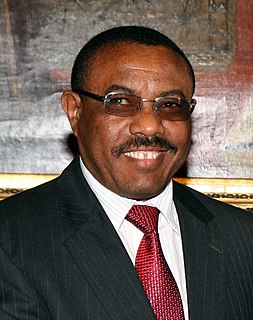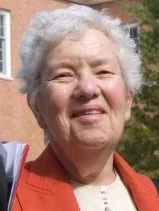A Quote by Stephen Jay Gould
Science can't tell us what our life means ethically. It can't tell us what we are meant to do as moral creatures. But, insofar as science can understand what we're made of, and what we're related to, the Darwinian revolution completely revised our ideas about who we are and what we're related to and how long we've been here and why we're on this Earth.
Related Quotes
Whence came I, whither go I? Science cannot tell us a word about why music delights us, of why and how an old song can move us to tears. Science is reticent too when it is a question of the great Unity – the One of Parmenides – of which we all somehow form part, to which we belong. The most popular name for it in our time is God – with a capital ‘G’. Whence come I and whither go I? That is the great unfathomable question, the same for every one of us. Science has no answer to it.
Poetry is related to philosophy as experience is related to empirical science. Experience makes us acquainted with the phenomenon in the particular and by means of examples, science embraces the whole of phenomena by means of general conceptions. So poetry seeks to make us acquainted with the Platonic Ideas through the particular and by means of examples. Philosophy aims at teaching, as a whole and in general, the inner nature of things which expresses itself in these. One sees even here that poetry bears more the character of youth, philosophy that of old age.
But in the end, science does not provide the answers most of us require. Its story of our origins and of our end is, to say the least, unsatisfactory. To the question, "How did it all begin?", science answers, "Probably by an accident." To the question, "How will it all end?", science answers, "Probably by an accident." And to many people, the accidental life is not worth living. Moreover, the science-god has no answer to the question, "Why are we here?" and, to the question, "What moral instructions do you give us?", the science-god maintains silence.
We are on the earth, and they tell us of heaven; we are human beings, and they tell us of angels and devils; we are matter, and they tell us of spirit; we have five senses whereby to admit truths, and a reasoning faculty by which to build our belief upon them; and they tell us of dreams dreamed thousands of years ago, which our experience flatly contradicts.
This is what the Mars Science Laboratory (MSL) represents. Experimental, explorational science. Learning about Mars as a new world. Discovering new things that will tell us about the history of our solar system, help reveal the secrets of life, and continue blazing the trail that may someday be traveled by the rest of us.
I see a world in the future in which we understand that all life is related to us and we treat that life with great humility and respect. I see us as well as social creatures, and when I began to look back and say, ‘what is the fundamental bottom line for us as social creatures?’I couldn’t believe it because it seemed so hippy dippy, but it was Love. Love is the force that makes us fully human.


































